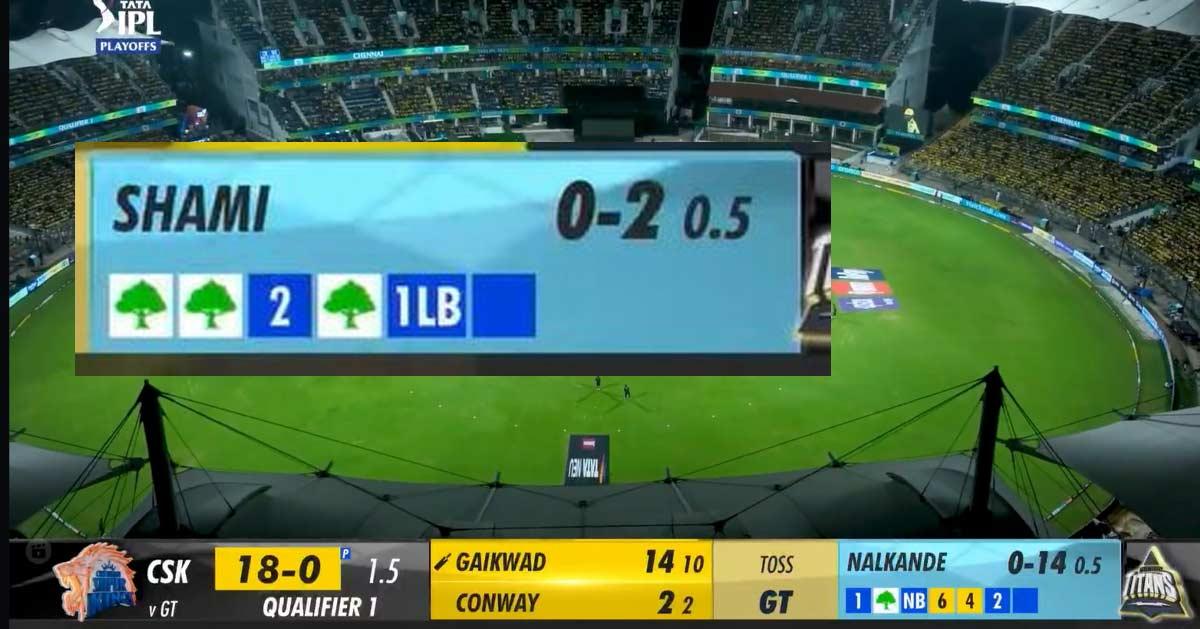This is a coalition government, but it will not pass without any resistance. Political scientist Georgi Kiryakov stated this to BNR. And part of the deal is: mutual preservation of immunities.
According to him, there are quite a few critics of this form of government on both sides:
“PG of PP-DB are two coalition formations. There are 3 parties in DB. One party, the Green Movement, has already given clear signals that it may not agree to this type of government. Now they will ask their authorities what to do and whether they will accept such a thing. Here – there is one factor that can significantly affect the situation and dynamize it even more. If he does not agree, it will probably lead to the collapse of one of the coalitions – DB. There is also a possibility that the other parties will be led by this refusal of support. And to say “No, we prefer to keep this coalition format for local elections rather than agree to govern with GERB-SDS”.
According to him, this will dynamize the situation to such an extent that a government may not be formed with the second mandate.
In addition to the fear of losing electoral potential, there is also serious mistrust between leaders and voters, Kiryakov emphasized.
According to him, the form under which the country will be governed – whether it will be rotational or otherwise – does not matter at all. People want regular management, he was categorical in an interview for the program “Before all”.
“The experience of forming a regular government to take over the management of the country in an extremely critical situation and against the background of the absolutely categorical desire of the voters to have a regular government is important.”
“Policies must be refined because they will either be the bone of contention or the form on which consensus will be reached.” This constitutional reform related to the judiciary should be done to enable justice to be done. It is not the figures who will head the individual ministries that are important, but the policies that these political forces will implement and achieve in the parliament,” commented the political scientist.
He recalled that the only name that came up was that of Asen Vassilev – Minister of Finance.
Part of the agreement is that they mutually protect each other’s immunities, Kiryakov believes.
According to him, whether the model will work depends on the political players in this administration, as well as on the behavior of the leaders of the political forces and the prosecutor general: “I imagine a situation in which the prosecutor general accuses Boyko Borisov of dozens of crimes related to the administration of the state, and this will give the PP-DB a reason to withdraw its support from the government, because there are many reasons for Boyko Borisov to be investigated and a number of other such details, which we have yet to see how they will develop”.

According to him, the scandal with the chief prosecutor probably played the role of a catalyst for Borisov’s decision to support a government with a second term: “This is about an instinct for self-preservation – political and physical. He was faced with the impossible choice of supporting the possibility of even forming a cabinet with a second term – something he categorically rejected a month after the election. He repeatedly said that there was no chance for a government in the second term, and now it turned out that there is a chance, and there is already an agreement”.
I have no arguments for the “laundering” of Boyko Borisov and GERB, the political scientist added.
According to him, there will be a purely pragmatic distribution of power in local elections. They will probably agree on the allocation of mayoral seats. The time will come when coalitions will have to be formed at the local level – what will we do then, Georgi Kiryakov asked. And he added: “If this model is implemented now, it will also be implemented in the local elections. There will be local coalitions of these two formations to manage local issues.”
BNR

